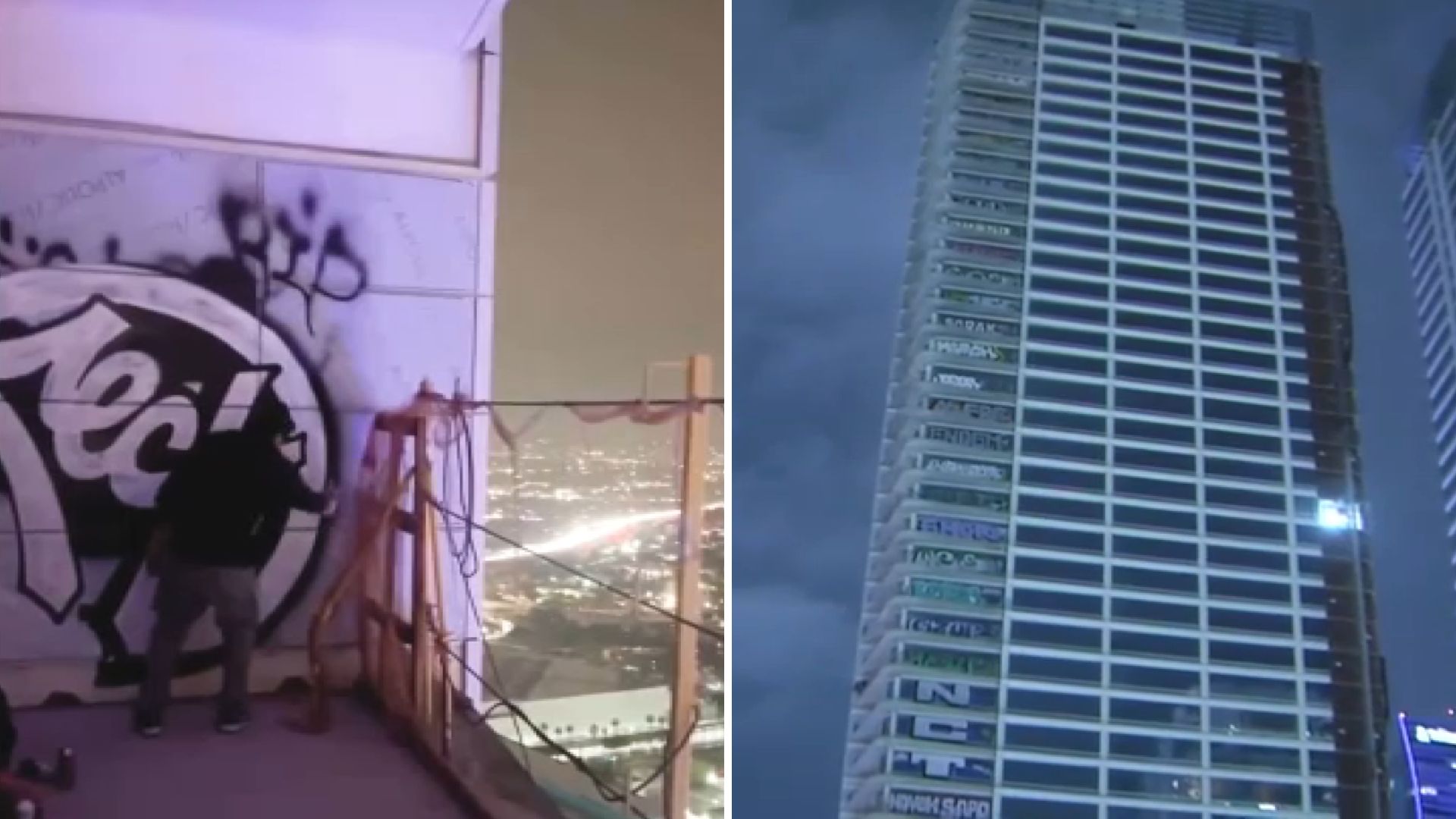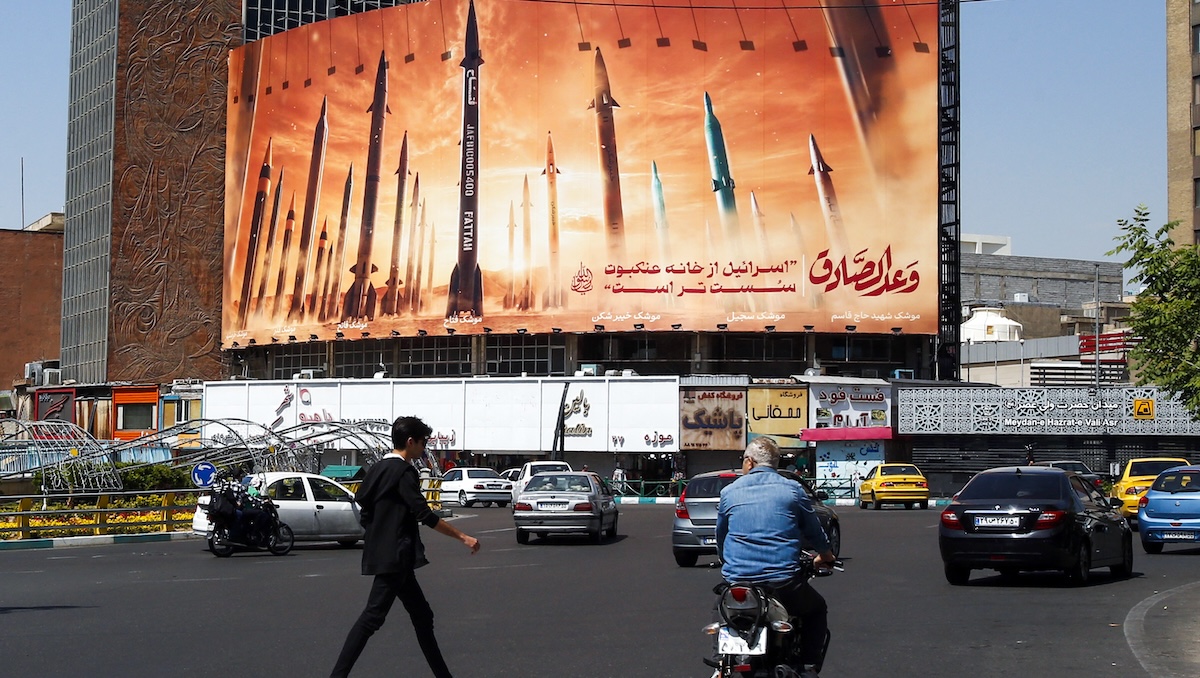The cause of a three-day power outage last week in parts of downtown Long Beach drew an apology from the utility company's president Tuesday night at a City Council meeting.
A Southern California Edison representative apologized at the meeting for the outage, which left more than 4,800 customers without power at its peak. Power went out Wednesday afternoon during an explosion in an underground vault below Third Street near Chestnut Avenue.
Electricity to all customers, residential and business, was not fully restored until Saturday night, Edison said.
"First, let me just start by please asking you to allow me to apologize for the extended duration of the outage we experienced well into this past weekend," said Pedro Pizarro, Southern California Edison president, at Tuesday night's meeting.
The company will provide a $100 bill credit to customers affected for 24 hours or more.
As for the cause, Pizarro said it was an "electrical event." The specific cause might not be determined for months as crews work to troubleshoot the underground system.
"Our understanding right now is that it was an electrical event -- that we still have to do our work to identify what specifically happened," Pizarro said. "Events do happen over the course of a 50,000-square-mile system. This is the first event that we can recall of this magnitude in many decades in Long Beach."
Edison has an established system for customers to make claims for damages. The utility provided water, ice, batteries and flashlights, opened a temporary evacuation center, and brought in mobile generators to provide electricity to the larger multiunit residential buildings.
Several residents said they had to throw out refrigerated food. Long Beach Health Department officials visited more than 270 markets and restaurants in the affected area on Thursday and Friday, said Nelson Kerr, manager of the Bureau of Environmental Health. As a rule, if the temperature of food that must be refrigerated instead rises above 45 degrees F for four hours, it cannot be served or sold.
News
Top news of the day
Most retail establishments were in compliance, but several left without means of refrigeration were directed to dispose of food product, Kerr said.
NBC4's Patrick Healy contributed to this article.



